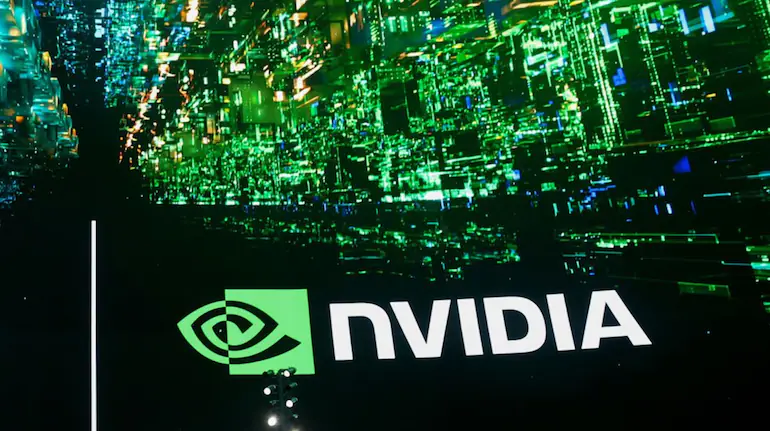
US technology firms fell in premarket trading after Chinese startup DeepSeek reignited concerns about competition in AI and America’s edge in the field, fueling a global sell-off.
DeepSeek launched a free, open-source large-language model in late December, claiming it was developed in just two months at a cost of under $6 million — a much smaller expense than the one called for by Western counterparts. Last week, the company released a reasoning model that also reportedly outperformed OpenAI’s latest in many third-party tests.
The developments have stoked questions about how much money big tech companies have invested in AI models and data centers.
“DeepSeek doesn’t have access to as much computing as U.S. hyperscalers, but somehow managed to develop a highly competitive model,” Srini Pajjuri, semiconductor analyst at Raymond James, said in a note on Monday.
On one positive implication, Pajjuri said DeepSeek could “drive even more urgency among U.S. hyperscalers,” — which are large computing infrastructure players like Amazon and Microsoft to leverage their advantage of having access to graphics processing units (GPUs) to set themselves apart from cheaper options. GPUs are a key part of the infrastructure to train huge AI models. Nvidia is the market leader in GPUs.
According to Citi analysts, DeepSeek’s large-language model “has prompted investor inquiries around the cost of computing.”
They point out that “even as the US companies dominate the most advanced AI models,” this dominance can potentially be challenged; however, “access these tech firms have to advanced chips offers an advantage. Thus, we don’t expect leading AI companies to move away from more advanced GPUs.
“A nod to the need for advanced chips,” they added, referring to President Donald Trump’s recent announcement regarding his Stargate AI project worth $500 billion.



